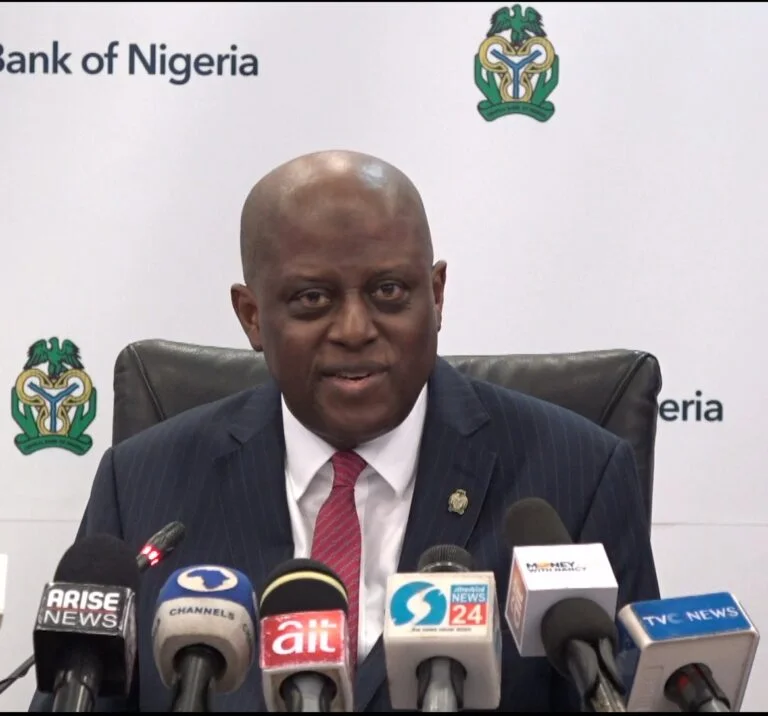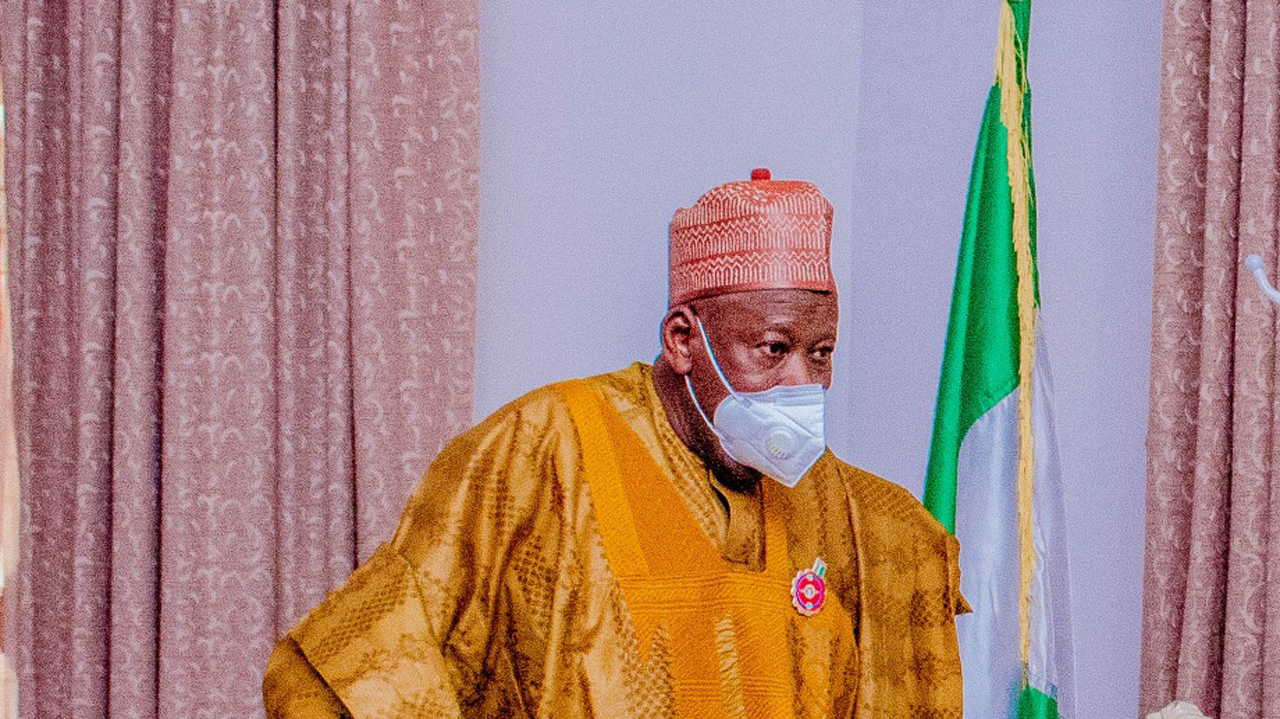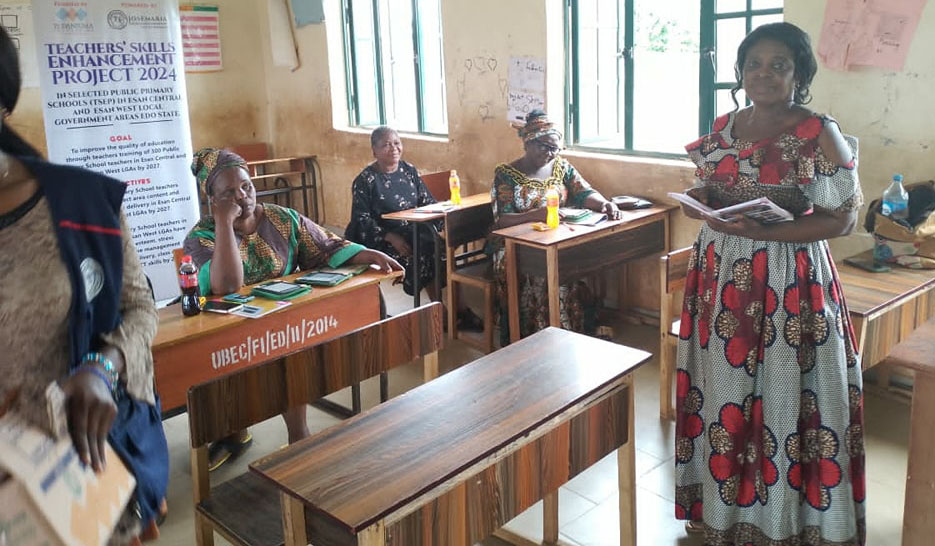
The Central Bank of Nigeria (CBN) has revealed that while the financial inclusion rate has seen progress, with 52 per cent of adult Nigerians holding formal bank accounts, 32 per cent of the population remains excluded from the formal financial system.
During the Financial Literacy Fair held in Abuja to mark the 2024 World Savings Day, Ibrahim Yahaya, Acting Head of the Consumer Protection Department at CBN, highlighted both achievements and ongoing challenges in the country’s financial inclusion landscape. He reported that in 2023, 52 per cent, or 54.2 million adult Nigerians, had recognized bank accounts, yet approximately 33.9 million individuals are entirely excluded from financial services.
Yahaya provided further details, noting that an additional five per cent of adults fall into an “other formal” financial inclusion category, while 11 per cent are informally included in the financial system. He stressed the importance of fostering a culture of savings across all age groups, particularly among the youth.
“Over time, savings have improved significantly,” Yahaya stated, adding that deposits in the banking sector have increased. However, he acknowledged challenges that may deter saving, such as the prevailing belief that income is insufficient to meet immediate needs.
To highlight the significance of early saving habits, school children were invited to the World Savings Day event. “The main objective of this day is to promote the importance of savings,” Yahaya explained. He underscored that instilling a savings culture among young people is essential for developing financial discipline and preparing for future uncertainties.
READ ALSO:Court stops CBN from allocating funds to Rivers
Yahaya linked the practice of saving to broader economic benefits, stating that savings contribute to bank deposits, which facilitate lending to the real sector and stimulate economic growth. “What we have as deposits is what the banks use to lend out, especially to the real sector, which drives economic growth,” he noted.
He encouraged Nigerians, particularly the youth, to adopt saving as a habit, regardless of the economic climate. “If you wait to have plenty before you start saving, you may never do it,” he cautioned. “But if you take it as a habit, setting something aside, even in small amounts, you will see the benefits in the future.”
Addressing the challenges posed by inflation, Yahaya recognized that while it can be difficult, maintaining a saving culture can help mitigate its effects. “Inflation has been there, and I know it is more challenging these days. But if saving becomes part of a life attitude, it will help cushion the impact,” he added.






